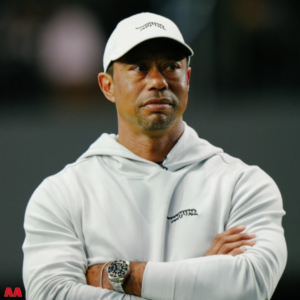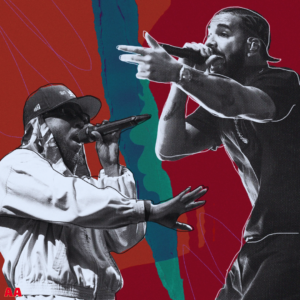Judge rules presidential candidate is liable for damages over unauthorised use of Grant’s song Electric Avenue in animated video ridiculing Joe Biden

Eddy Grant performing in Montreux, Switzerland, in 2008. Photograph: Jean-Christophe Bott/AP
Donald Trump has lost a legal battle with the singer Eddy Grant over using his 1983 song Electric Avenue in a 2020 ad without permission.
The 40-second clip – an animation of Joe Biden travelling in a railroad cart while a Trump-Pence campaign train passes at high speed – was viewed more than 13.7m times on Twitter before it was removed, according to Grant’s lawsuit.
The video was originally posted to Trump’s personal Twitter account on 12 August 2020 as the Republican president campaigned in his second, unsuccessful presidential election. Grant’s lawyers immediately sent a cease and desist letter, but the video was not removed until Grant sued on 1 September.
In a Manhattan court, a federal judge ruled that Trump breached Grant’s copyright and is liable for damages and Grant’s legal fees.
Judge John G Koeltl rejected the argument made by Trump’s lawyers that the video was protected under the copyright fair use doctrine. “It’s everything we asked for,” one of Grant’s lawyers, Brett Van Benthysen, told Business Insider. “100%.”
Another of Grant’s lawyers, Brian Caplan, told Business Insider: “As a staunch believer of artist’s rights and the ability to control their creative output, Mr Grant believes that the decision will help others in their fight against the unauthorised use of sound recordings and musical compositions. Politicians are not above the law and the court reaffirmed that.”
Grant’s original lawsuit asked for $300,000 (£227,294), but damages for the case are yet to be determined, as is whether the parties will agree on a figure or a jury will determine the number.
The success of Grant’s case may hearten the White Stripes, who last week sued Trump for copyright infringement – and “flagrant misappropriation” – over the alleged non-permitted use of Seven Nation Army in a campaign video, which was subsequently deleted; and the estate of Isaac Hayes, which is suing the former president and reelection hopeful for $3m over an alleged 130 instances of Hayes’ song Hold On, I’m Coming being used at campaign rallies without permission. In early September, a judge ruled that Trump’s campaign must stop using the song at his events.
Beyoncé also reportedly sent a cease-and-desist after Trump used her song Freedom in a video; in July, she gave Democratic presidential candidate Kamala Harris permission to use the song in her campaign. In August, the Trump campaign deleted the video.
News
Tom Brady’s Surprise Reaction as Gisele Bündchen Welcomes Baby with Boyfriend Joaquim Valente
Tom Brady reacts to Gisele Bündchen welcoming baby with boyfriend Joaquim Valente Tom Brady has reacted to his ex-wife Gisele Bündchen welcoming a baby with her boyfriend, Joaquim Valente. A source close to the NFL legend tells Page Six that he’s happy for…
Matt Fitzpatrick is thrilled to be the cover star alongside Tiger Woods
I grew up playing Tiger Woods games, I was shocked to become a cover star alongside him Matt Fitzpatrick was left shocked by the decision to make him a cover star for PGA TOUR 2K25 alongside the legendary Tiger Woods….
Tiger Woods announces the recipient of the prestigious 2025 award and is selected to play in the Genesis Invitational.
Tiger Woods Reveals Prestigious Award Recipient for 2025 The golfer was selected by Tiger Woods for the Genesis Invitational. Danny List – MyGolfLife Open hosted by Pecanwood Estate 2025 | Johan Rynners/GettyImages This week, Tiger Woods announced that he had…
Charlie Woods is saddened when his beloved Grandmother has left this world
Charlie Woods mourns the death of Grandma On May 9, 2024, Kultida Woods, mother of golf legend Tiger Woods, passed away at the age of 81. Her passing has left endless sorrow in the hearts of family, friends and fans…
The Great Impact of Tiger Woods’ Mother on the Golf Legend Over the Past Decades
Golf legend Tiger Woods’ mother, Kultida Woods, has had a profound and positive influence on her son over the years. Her support, love, and values have been instrumental in shaping Tiger Woods into the person he is today. Kultida Woods’…
Explaining the biggest controversy in rap history between Drake and Kendrick Lamar — from its inception to the Super Bowl
Drake and Kendrick Lamar’s beef — from its beginnings to the Super Bowl — explained The biggest beef in recent rap history spawned a song that just won two Grammys and will almost certainly be performed at the Super Bowl…
End of content
No more pages to load











